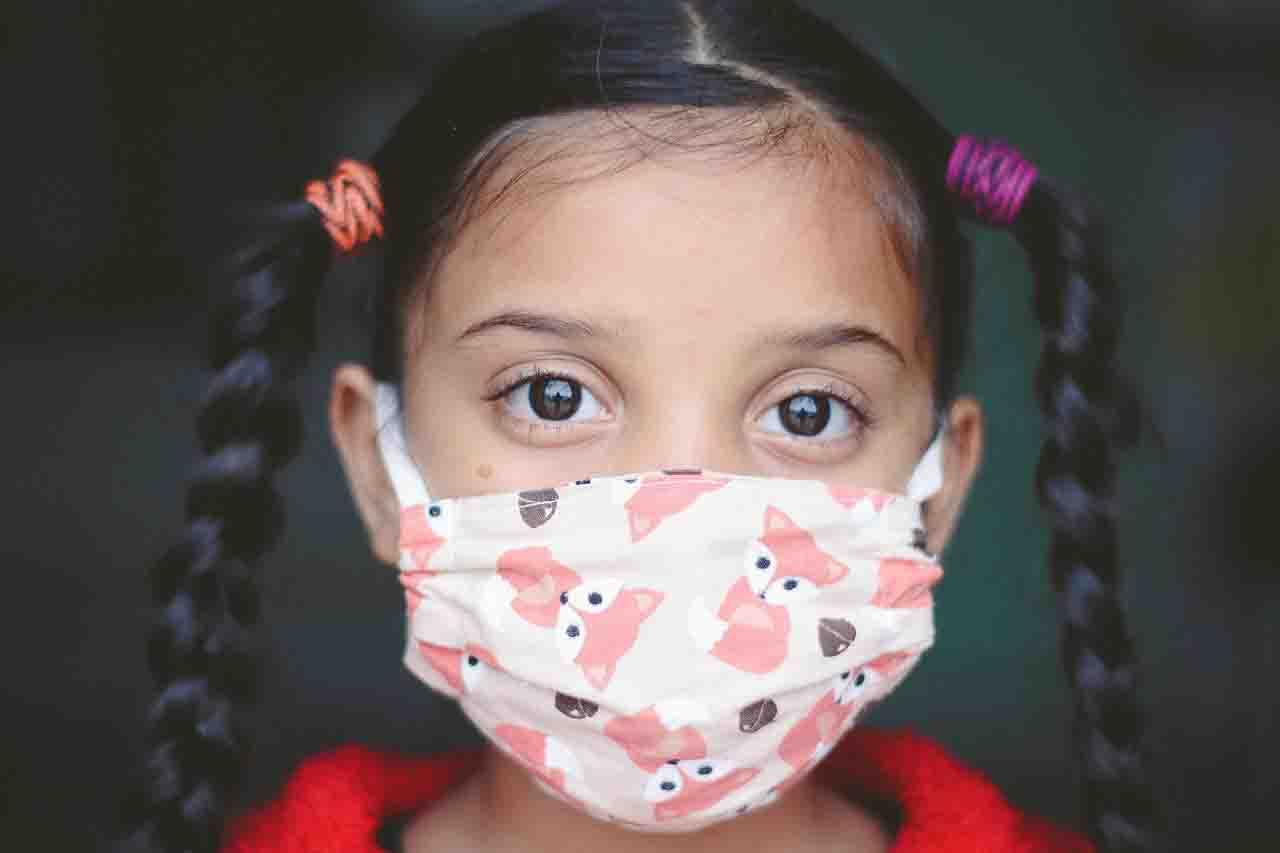
- About UPF-BSM
- Programs
- Faculty and research
- Companies and Organizations
- News & Events
Covid-19 worsens health inequalities
19 Octubre - 2021
Oscar Navarro Campàs
Associate Director of the Master in Health Economics and Pharmaeconomics
Nil Criach García
Teacher Assistant of the Master in Health Economics and Pharmaeconomics
__
The covid-19 pandemic has worsened health inequalities all around the world, but it has not affected all countries equally. The United Kingdom and Spain experienced the highest rates of excess deaths during the first wave of the pandemic in Europe. This is the result of the management of the pandemic as well as prior socioeconomic conditions and existing inequalities. Actually, the areas where infant mortality rates were higher in 1850 are the same where Covid-19 had its biggest effects.
Health inequalities are differences in health across and within populations that are regarded as unfair and avoidable. The health of a population depends on several factors such as socioeconomic conditions, education, and access to technology. This topic is the common thread of the dialogue series Widened inequality: health and society post Covid, organized by Fundació Ernest Lluch, together with Fundació La Caixa.
The areas where infant mortality rates were higher in 1850 are the same where Covid-19 had its biggest effects.
In the first dialogue, Professor Michael Marmot has discussed with professor Guillem López-Casasnovas how to tackle health inequalities after Covid-19. Marmot, who has devoted his research to health inequalities and their determinants, published in 2010 his report Fair Society, Healthy Lives which is known world-wide as The Marmot Review. Its aim is summarized with the famous quote by poet Pablo Neruda that opens the report: “Rise up with me against the organisation of misery”.
This review analyses the evidence about health inequalities in England and gives some recommendations about the strategy to tackle this issue in the future. The report analyses the impact of the social gradient on health and wellbeing and finds that people living in poorer neighbourhoods die sooner and live with more disabilities. This social gradient affects several health indicators, not only life expectancy, and it is mainly driven by housing, income, and education, among other social conditions. These geographical inequalities are persistent across different health indicators but also across time: “If you had a map of Covid’s biggest effects and a map of infant mortality in 1850, they look remarkably similar”.
Put health equity and wellbeing at the heart of policymaking; and act on creating healthier lives for all citizens.
Once health inequalities were identified, the research group lead by Marmot conducted an exhaustive review of the existing evidence to identify how public policies could best tackle it. The first and most important policy recommendation focused on children, as breaking the cycle of deprivation would prevent inequalities and expenditure in the future. The Marmot review identified six priorities for policy reform: give every child the best start in life; enable all people to maximize their capabilities and have control over their life; create fair employment and good work for all; ensure healthy standard of living for all; create and develop healthy and sustainable places and communities; and strengthen the role and impact of ill-health prevention.
Ten years after the first Marmot report, in 2020, the covid-19 Marmot Review Build Back Fairer was published. Before the pandemic we observe that life expectancy is stalling, health inequalities between socioeconomic groups are rising and life expectancy has reduced for citizens in most deprived areas. Marmot points public austerity as one of the main causes of the rising inequalities, and concerns about austerity’s negative impact in the first report were certified by the second one. The report prescribes two main actions to Build Back Fairer: put health equity and wellbeing at the heart of policymaking; and act on creating healthier lives for all citizens.
Professor Guillem López-Casasnovas emphasized two considerations regarding how to deal with inequalities. First, it is not always relevant to reduce inequalities, but it is better to focus on improving the most deprived individuals. In fact, inequalities can be lower when all citizens are worse off if differences between them are smaller. Second, focusing on the methodological part of these studies, establishing causal relationships between variables is complex, as it is difficult to obtain an appropriate counterfactual for treated groups. Health inequalities and methodological considerations have also been widely analysed at the European level by the group led by Prof. Mackenbach.
Inequalities can be lower when all citizens are worse off if differences between them are smaller
In the second dialogue of the series organized by Fundació Ernest Lluch, Professors Vicente Ortún and Rosa Urbanos agreed on the diagnosis of the situation after covid-19 in Spain. The pandemic has worsened the existing health inequalities. As in the UK, Prof. Urbanos detailed that the most deprived citizens have both higher covid-19 prevalence and severity of the disease in Spain. Prof. Ortún considers that primary healthcare financing needs to be reformed. Primary care is the most redistributive part of the system, and it continues to be marginalized and underfinanced. They also developed the relevance of education for society and its impact in the promotion of equal opportunities for all.
2021 Autumn Dialogue Series organized by Fundació Ernest Lluch build on trending topics on health policy. They are especially relevant to help society rethink its welfare state policies with a wider perspective to protect the most deprived after covid-19. Check forthcoming sessions scheduled weekly until December 2021.
